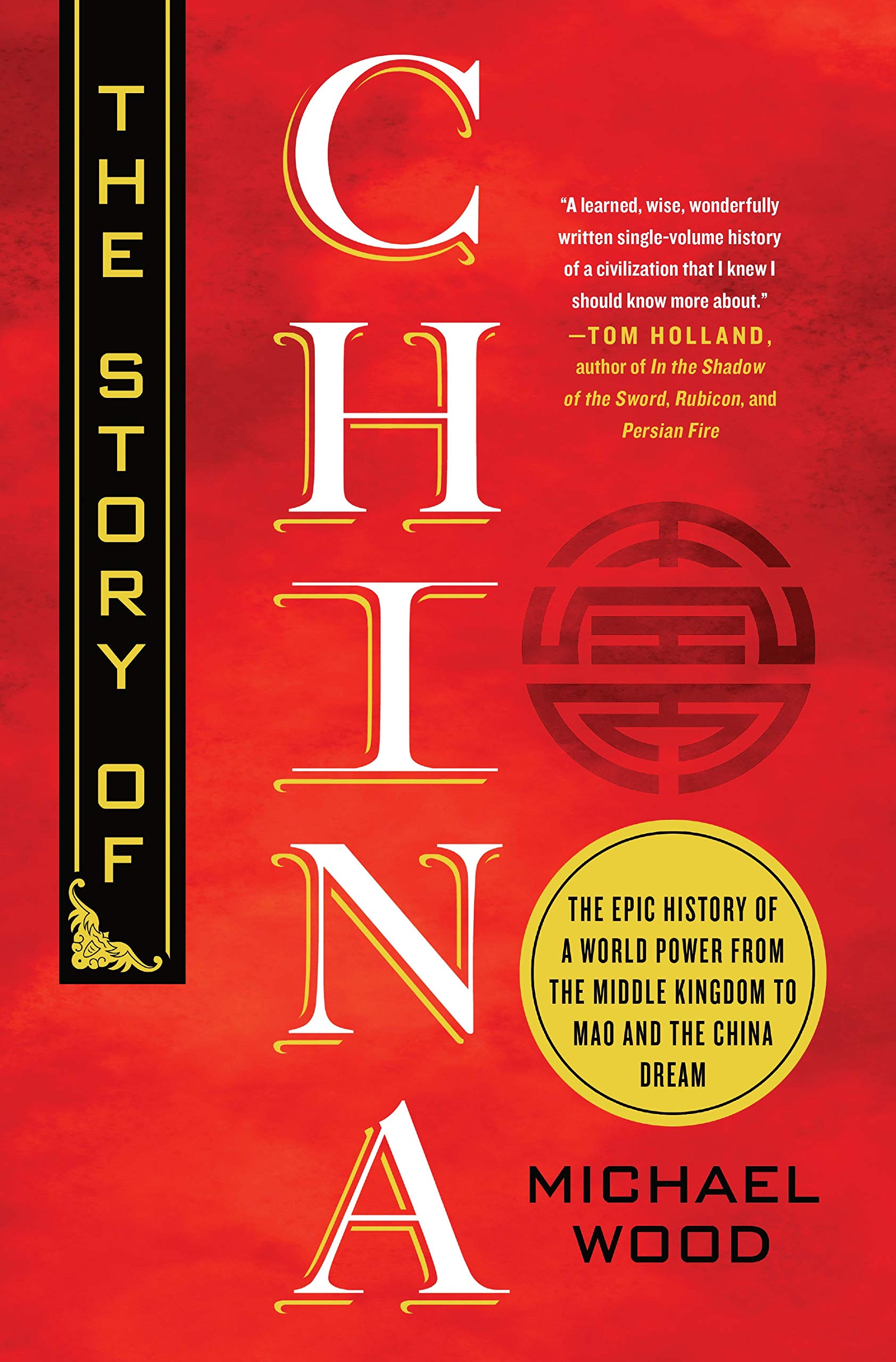
The Lost Samurai: Japanese Mercenaries in South East Asia, 1593–1688
The samurai were a hereditary military nobility caste in medieval and pre-modern Japan. Their high social rank conferred prestige and special privileges. It also imposed great social responsibility: they lived by the bushido code (comparable to the European notion of chivalry). This book’s timeline coincides with the early Edo period, which was characterized by economic growth, strict social order, isolationist policies, and peace. However, with peace came a problem for the warrior class as they had nothing to do. This book explores what some of the samurai did during that time.
The term “samurai,” as used in this work, does not refer to the classical samurai. It includes traders-turned-pirates and leftover warriors from earlier campaigns. These samurai were hired as mercenaries––not an uncommon practice in Southeast Asia––and employed as soldiers, bodyguards, and garrison defenders. The European presence in Southeast Asia provided the samurai with additional avenues of employment. They served the Spanish, Portuguese, and Dutch powers in addition to local principalities. Fierce and extremely loyal, the samurai were feared by their enemies and distrusted by their employers.
The book’s eleven chapters are largely self-contained and focus on samurai (or possible samurai) in service of the various non-Japanese powers (either European or other South Asian ones). Definitely a book that explores a little-known area of Japanese history.
| Author | Stephen Turnbull |
|---|---|
| Star Count | 4.5/5 |
| Format | Hard |
| Page Count | 192 pages |
| Publisher | Frontline Books |
| Publish Date | 06-Jun-2021 |
| ISBN | 9781526758989 |
| Bookshop.org | Buy this Book |
| Issue | December 2021 |
| Category | History |
| Share |






